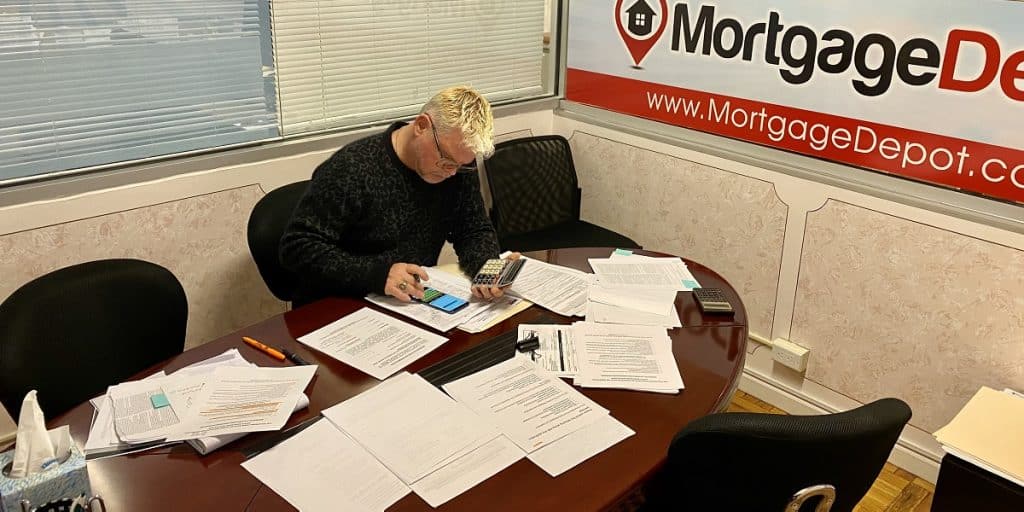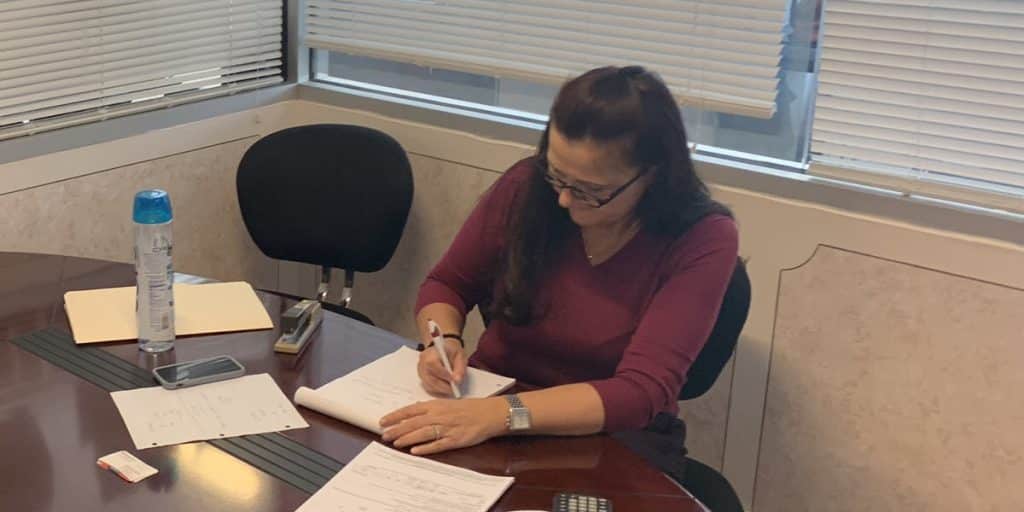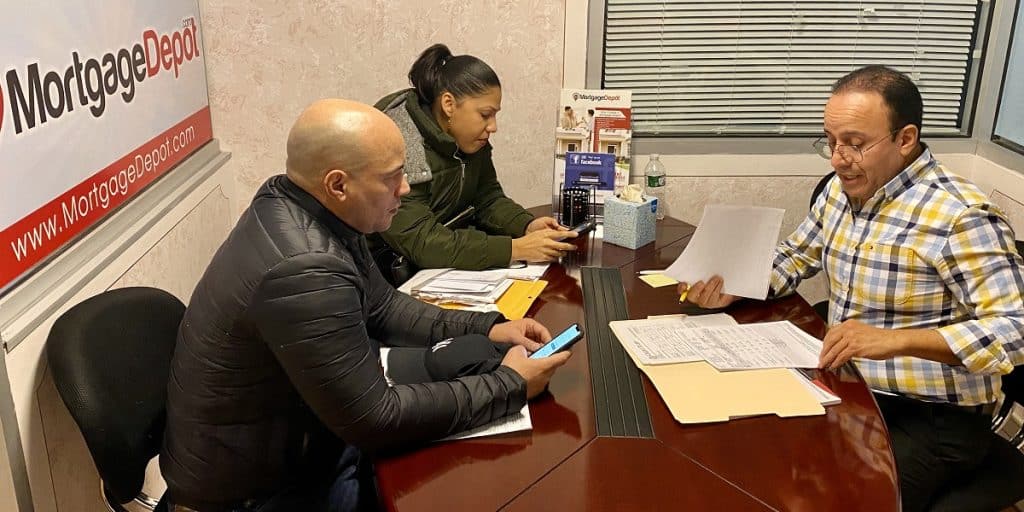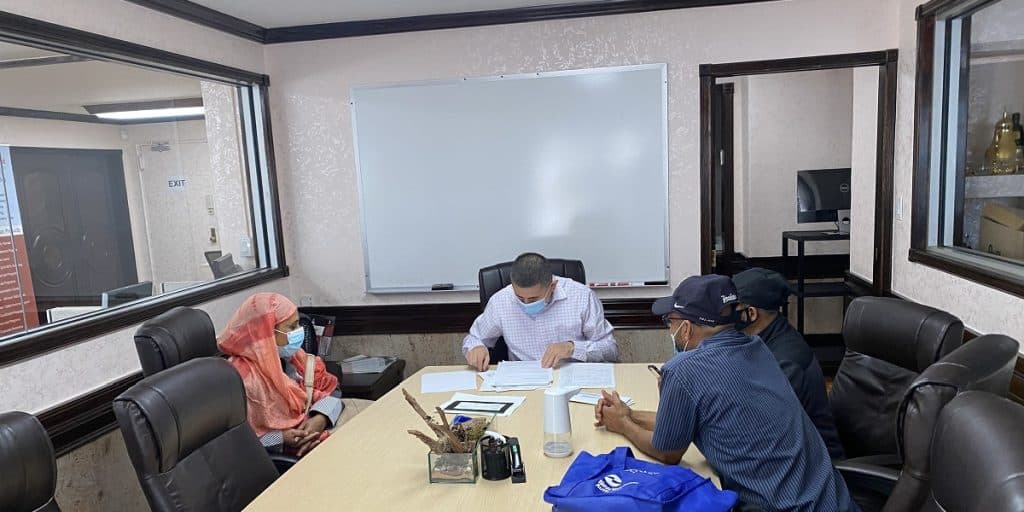
In spite of the historically low mortgage rates, it has gotten significantly harder to buy a home or to refinance a mortgage. Large banks are looking at minimizing their credit risks as they assess possible delinquencies and charge-offs from borrowers with less cash to put down and lower credit scores.
JPMorgan Chase has raised its borrowing standards for mortgages, now requiring a credit score of at least 700 and a 20 percent down payment for most new mortgage originations. And Wells Fargo has raised the minimum credit score requirement for home equity lines to 720.
It’s likely that more lenders will be putting changes like these into practice. According to the Mortgage Bankers Association, mortgage credit availability dropped sharply in March. “With the weak economic picture we have and the potential for mortgage delinquencies coming, you can see some lending being pulled back to the more risky borrower and credit profiles,” said Joel Kan, associate vice president of economic and industry forecasting for the MBA.
Bear in mind that there are also other roadblocks that are making it harder to close on a loan such as lenders being unable to verify employment or income due to the would be borrower’s employer being closed or unreachable. Add to that, municipal offices being closed and appraisers are barred from visiting homes in person due to social distancing protocols.
Alys Cohen, an attorney at the National Consumer Law Center predicts that working class, lower-income and non-white borrowers are likely to bear the brunt of the mortgage industry fallout. “We may end up seeing a shuttering of credit in communities of color as a result of this crisis, rather than making judgments based on the individual merits of the borrower.” “This preemptive narrowing of the credit box excludes people who might be able to qualify. And the people they are excluding are the people who historically have found it most difficult to get a loan, and to get a fair loan. It’s a serious concern.”
There are structural reasons why non-white borrowers face greater challenges in the mortgage market. Barry Zigas, senior fellow and housing expert at the Consumer Federation of America stated, “they have weaker credit scores for a whole variety of reasons that don’t have anything to do with their ability or willingness to repay.”
Have questions or need help?
Call us now at 800-220-LOAN
Request a call back or email us your questions!







